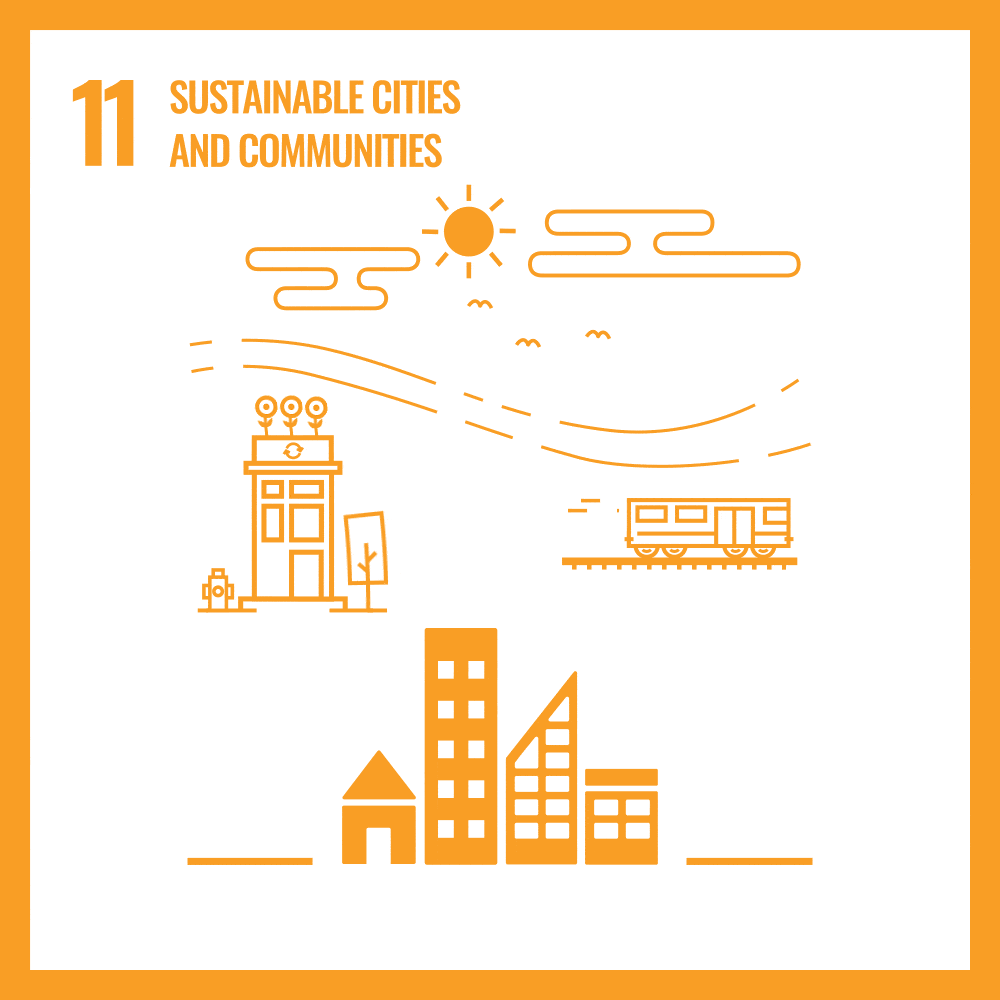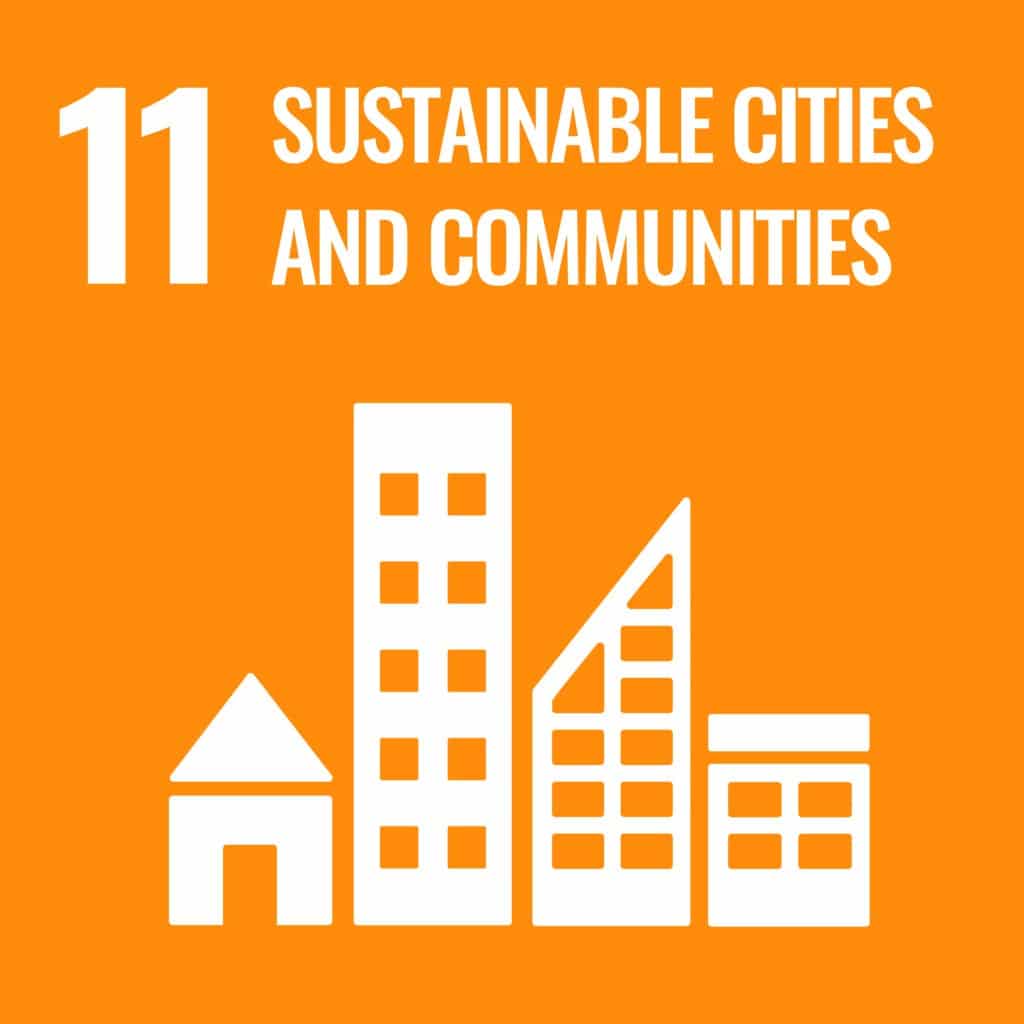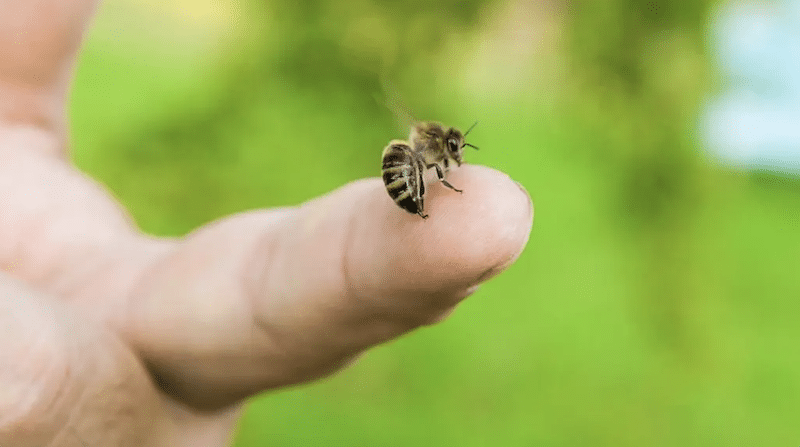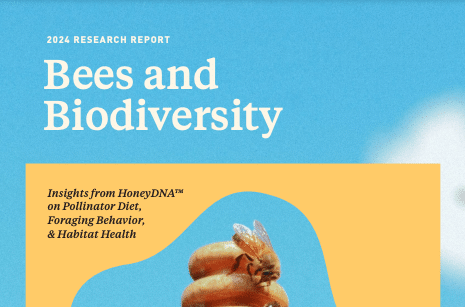The United Nations’ 11th goal is to make cities and human settlements inclusive, safe, resilient and sustainable. While this goal focuses on disaster risk reduction and sustainable transport, a key takeaway highlights the necessity of sustainable cities and development.
According to our chief resident bee expert, Noah Wilson-Rich during a TED Talk, bees tend to do better in urban areas because they have access to more varied diets (more biodiversity). Overly-manicured suburban landscapes and areas near industrial farms (mono-crop agriculture) actually offer poor foraging habitats for pollinators because they lack variety.
Bees have proven to play an essential role in the development and sustainability of urban areas. For example, did you know that beehives can help earn LEED points? It’s as simple as growing food and native plants on the rooftops of your buildings that bees can pollinate or by helping green building projects achieve exceptional or innovative performance.

Your measurable environmental performance must identify the following:
- the intent of the proposed innovation credit;
- proposed compliance requirements;
- proposed submittals to demonstrate compliance; and
- strategies used to meet requirements
Sustainable communities and bees
As stated by the UN, As of March 2021, 156 countries have developed national urban policies, with almost half already in the implementation stage. A further breakdown shows that 38% of the countries are in the early stages of developing their plans, while 13% are monitoring and evaluating how well these plans are functioning.
If sustainable cities and communities are important to you, we recommend building your pollinator habitatn to help save the bees and foster innovation for a sustainable tomorrow. If you build it, pollinators will come.
For more information on bees and sustainability, you can read our previous articles below:






